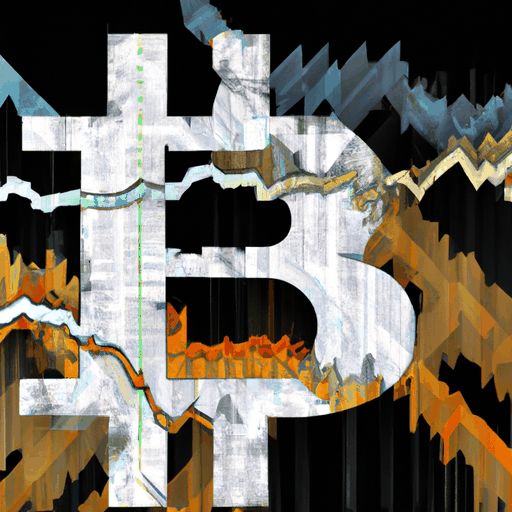
Bitcoin Drops as Trump Denies Ceasefire Role in Middle East Tensions
By: Isha Das
Bitcoin experienced a significant downturn, retreating to $106,000, following U.S. President Donald Trump's denial of involvement in brokering a ceasefire between Iran and Israel. The denial came via Trump's late-night post on Truth Social, dismissing claims of his participation in any truce negotiations as "wrong" and "publicity-seeking." This announcement added fuel to the tensions, which had already increased due to Trump's early departure from the G7 summit, leaving a trail of market instability in its wake.
The global cryptocurrency market reacted sharply, with Bitcoin losing around 2.5% of its value from recent highs. Other major cryptocurrencies, such as Ethereum, XRP, and Solana, also witnessed declines. This market reaction underscores the influence of geopolitical events on digital currencies, echoing similar patterns seen in previous instances where political developments have triggered abrupt market movements. The situation was exacerbated by liquidations in crypto futures, reaching $347 million within a 24-hour span following Trump's social media post.
Gold, often considered a safe-haven asset, remained flat, while Brent crude saw a minimal increase, reflecting the prevailing uncertainties surrounding the prolonged Middle East conflict. Trump's comments, coupled with tensions in regions like Russia, Ukraine, Gaza, Israel, and Iran, continue to stir significant volatility across the financial spectrum. Notably, the use of social media by the former president has been a catalyst for such volatility, as seen previously with threats affecting technology tariffs in the EU, which also had a negative impact on Bitcoin values.
Investors and analysts remain vigilant, watching for any diplomatic breakthroughs or further political developments. The potential for a confirmed ceasefire or an escalation involving the U.S. might redirect current asset flows again. Despite these macroeconomic challenges, the underlying Bitcoin fundamentals, such as hash rate and long-term holder activity, suggest a level of resilience. However, the repeated pairing of Bitcoin with risk-on assets indicates a shift in market perception from its traditional "digital gold" narrative.



